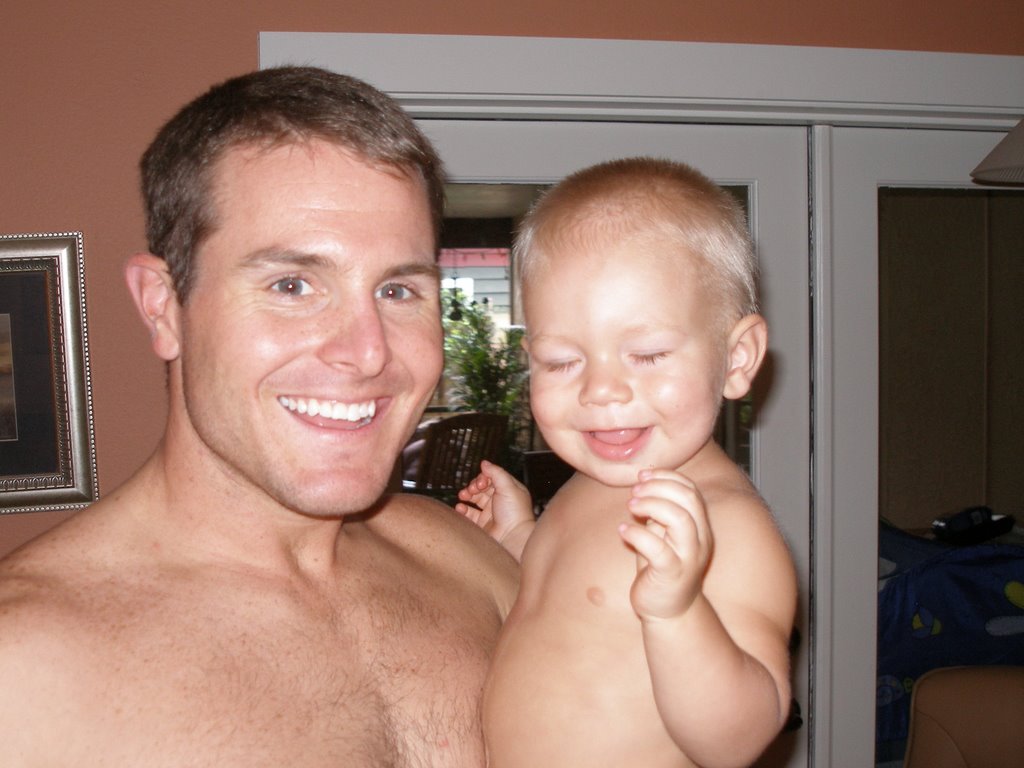
This post is mainly to quote somebody else who wrote something great. A friend mentioned to me lately that it is very difficult to be captivated and stirred by the love of God.
We see intimations of romantic love as a symbology (Christ's love for His bride), and sometimes struggle to feel the intimate connection with God as we would with a lover.
I seek to write down these things that remind us of God's love. I think for now I'll call them Love Letters of Experience
Excerpt From
The Healing Path
Dan B. Allender, Ph.D.
pp. 178-180
God’s touch begins as he waits for us, sees us, and runs toward us, just as the prodigal’s father did. God looks for us. Daily. He scans the horizon and refuses to lose hope. He remembers his love for us and strains to see whether today is the day we return to him.
Nothing is more incomprehensible than God spending his time waiting for us. God so humbles himself for the prospect of reconciliation. He runs. A father in the prodigal’s day would never run to a son who had shamed him by taking his inheritance and spending it on licentious living. He would wait until the son came to him and abased himself, then he would sentence him to taking the role of a servant until his debt was repaid. Instead, this father runs to his boy.
It was customary for men of that time to wear long, flowing robes. A man would need to hike up his robe and tie it to the side in order to be mobile. In King James English it was “girding up your loins.” It was appropriate for a man to show his legs in public on only one occasion – in battle. In running to his son, the prodigal’s father further shamed himself by likely showing his legs in public.
In tears, he embraced his son. He didn’t wait to hear what his son said, nor did he offer rebuke or instruction. His joy was complete simply knowing his son was alive and in his arms. Love is an expression of the delight we find in the face of the other. One cannot love “dutifully.” A person who loves merely because it is a choice or a decision had denuded love of delight. Love becomes service that obligates rather than frees.
The father’s eyes were full of wet, liberating exultation. The son repents. He’d practiced his litany of confession before he arrived, probably a thousand times before he saw the white robe running toward him. Who knows what expression he wore as his father clung to him and wept the convulsive tears of relieved joy? I suspect he was awkward and afraid. He knew what he deserved. And when grace comes at first, we all wonder how long it will last before tenderness turns to rage.
The son draws a deep breath, drops his arm to his side, and steps away from his father. The confession must begin. His well-rehearsed words come out stiffly with an effort at humble self-respect. The father doesn’t interrupt. He waits until his son’s fragile soul has finished. I suspect the father looked one more time into his son’s eyes before turning away. This is the boy’s core fear. He hopes he can earn his place back into the family, but if his father refuses to see him or turns from him, he will be a wanderer and an alien the remainder of his life. He stares at his father’s back.
Suddenly the father shouts, “Quick!” The son must be befuddled. What is happening? Is the father calling for servants to throw him off the property? The son can’t believe his ears: “Robe, ring, shoes, calf, celebrate. My son who was dead was now alive!” It is party time. Love doesn’t keep a record of wrongs; instead that which divided us is burned in the fire that browns the meat of celebration.
And oh, what a party! Excellent food, drink, music, dancing, and stories. Glorious stories of rescue, redemption, and reconciliation. It is not equivalent to a potluck. It is not gathering where we eat casseroles, drink from Styrofoam cups, and break the cheap plastic forks on overcooked mystery meat. God is at the center of the ring, his hands on the shoulders of his friends, dancing in jubilation.














No comments:
Post a Comment